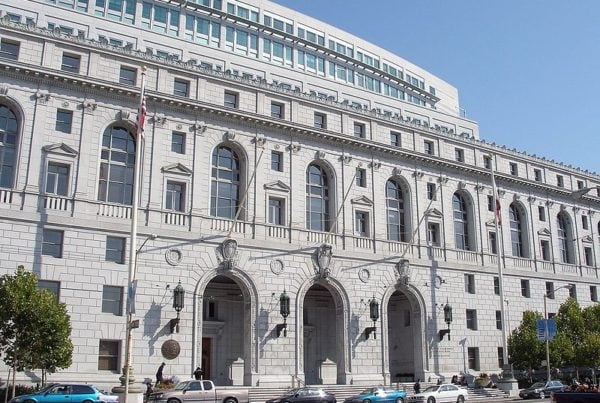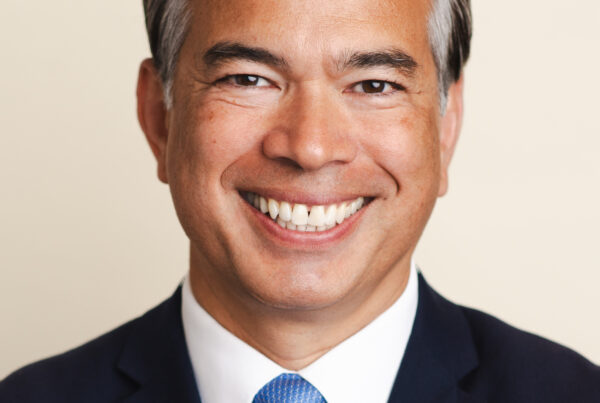A 2021 law that limited the definition of criminal street gangs is constitutional, the California Supreme Court ruled Dec. 18.
Assembly Bill 333 narrowed the definition of criminal street gang to gangs in which people collectively committed crimes—previously, social groups in which people committed crimes individually could count toward a criminal street gang. It also narrowed the definition of furthering the street gang—committing a crime to benefit the gang’s reputation no longer counts under the law of benefitting the gang.
The gang enhancement can impose higher sentences for people convicted of crimes. If a person is convicted of first degree murder with the allegation that they were active in a criminal street








